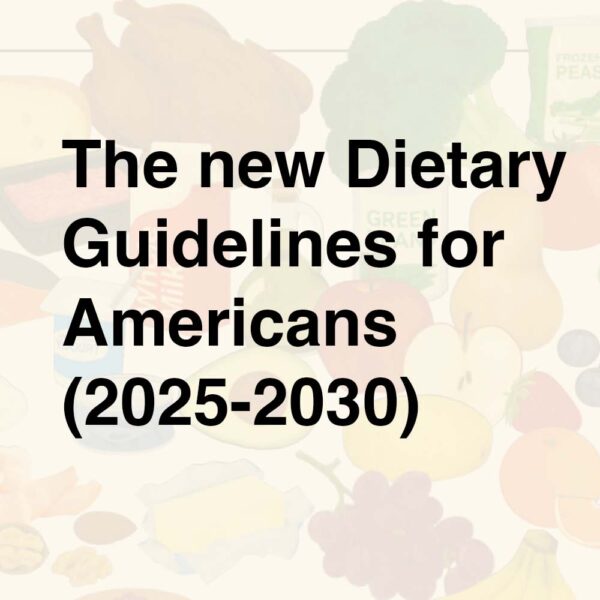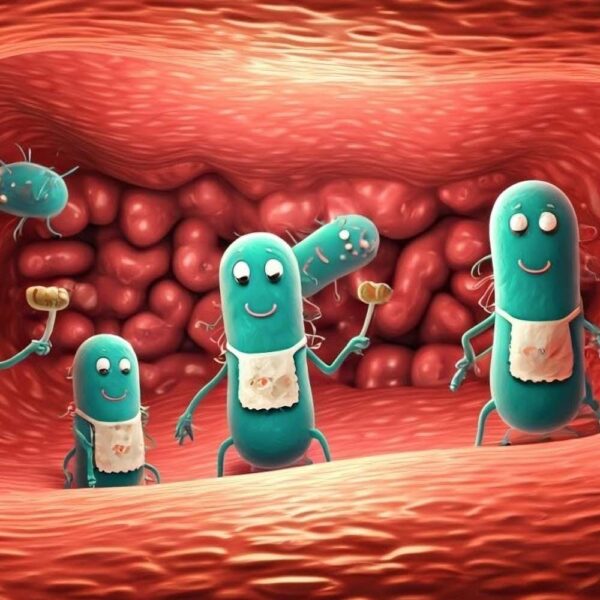A microbiome is a community consisting of trillions of microorganisms (also called microbiota or microbes) of thousands of different species that inhibit our bodies. These also include bacteria, fungi, parasites and viruses. Inside and out, our bodies are home to a huge array of micro-organisms.
Did you know there are more bacterial cells in your body than human cells?
In a healthy body these all co-exist peacefully and the largest numbers are found in the small and large intestines. However having too many unhealthy microbes can lead to disease.
The gut microbiome refers to all of the microbes in your intestines . These act as another organ that’s crucial for your health.
Microbiota stimulate the immune system. They also break down potentially toxic food compounds and synthesize certain vitamins and amino acids.
An imbalance of healthy and unhealthy microbes in the gut may contribute to weight gain, sleep disturbances, skin irritations and auto immune conditions.
While a balance in gut microbes may help control blood sugar, positively affect brain health and lower the risk of diabetes.
How can we ensure that we have enough microbiota and enough of the right types?
In addition to family genes, environment, and medication use, diet plays a large role in determining the kinds of microbiota and more specifically which are best for optimum gut health!
Here are 5 top tips to a happy gut
1. Eat a diverse range of foods including food rich in polyphenols which are broken down to stimulate healthy bacteria growth (found in green tea, olive oil and dark chocolate)
2. Probiotics: Eat fermented vegetables, like kimchi and sauerkraut, and pickled vegetables, like onions and gherkins which are a source of live cultures of bacteria like bifidobacteria and lactobacilli
3. If using an artificial sweeteners choose one that contains a prebiotic such as https://sallyanncreed.co.za/…/bio-sweet-prebiotic…/
4. Take supplements that contain live active bacteria such as these:
5. Eat collagen rich foods such as bone broth or take pure hydrolysed collagen
Join our Instagram Page @SallyAnn_Creed and subscribe to our Newsletter https://sallyanncreed.co.za/subscribe/ receive free food lists from The Low-Carb Creed when you join.
This post is subject to our general disclaimer https://sallyanncreed.co.za/disclaimer/.







